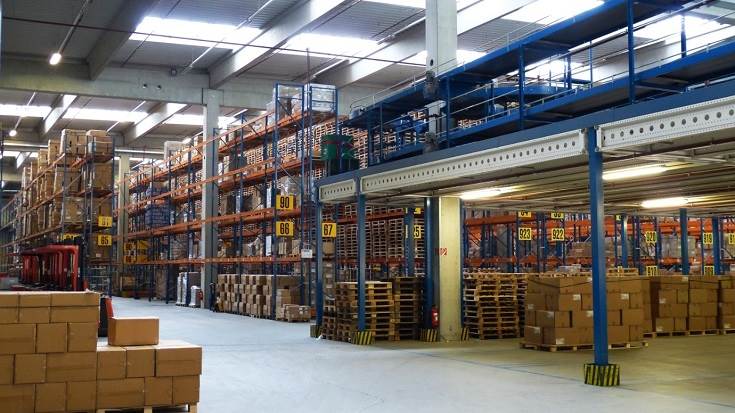
By Vivek Juneja
In a country where a multifaceted web of suppliers, producers, and customers interconnects, maintaining a clear view of the supply chain is vital.
Accessible and transparent logistics services facilitate effective communication, heightened accountability, and the capacity to spot and resolve potential challenges proactively. This transparency not only results in cost efficiencies but also nurtures trust among all stakeholders involved. Furthermore, it paves the way for improved adherence to regulations, thereby diminishing the likelihood of delays and interruptions.
Evolution of Logistics in India
The logistics sector in India has undergone a remarkable transformation, transitioning from conventional and fragmented operations into a more organised, technologically advanced, and internationally interconnected industry. This evolution has been significantly strengthened by the substantial investments in modern infrastructure, exemplified by dedicated freight corridors and the expansion and improvement of road networks across the country.
These infrastructural enhancements have played a pivotal role in facilitating the swift and efficient movement of goods. Furthermore, the strategic integration of cutting-edge technologies, including GPS (Global Positioning System), RFID (Radio-Frequency Identification), and digital documentation, has ushered in a new era of logistics.
Driving Transparency Through Technological Advancements
In India’s modern logistics era, technology stands as a foundational pillar upon which transparency and efficiency are built.
Data Analytics and Predictive Insights
The logistics industry generates vast volumes of data daily. Leveraging technology, particularly data analytics and predictive algorithms, allows for the intelligent interpretation of this data. These technologies can identify patterns, forecast demand fluctuations, and predict potential disruptions by analysing historical and real-time information.
Enhanced Visibility and Tracking
Real-time visibility into the movement of goods is crucial for managing logistics operations effectively. Technologies such as GPS, RFID, and advanced tracking systems offer logistics professionals the means to monitor and trace shipments’ precise location and condition throughout the supply chain. This enhanced visibility empowers businesses to respond promptly to changes and disruptions, ensuring that goods reach their destinations with minimal hiccups.
Digital Documentation and Automation
Customs clearance, invoicing, and various administrative tasks that were once labour-intensive and prone to errors have now been automated. This not only expedites operations but also significantly reduces paperwork. Furthermore, digital documentation ensures a transparent, tamper-proof, and easily auditable record of all transactions within the supply chain, enhancing accountability and compliance with industry regulations.
Towards a Visionary Future
The future roadmap for transparency in shaping the success of the logistics industry in India is on the cusp of a transformative journey. The industry must remain committed to adopting cutting-edge technologies to guarantee long-term growth and sustainability.
Equally crucial is cultivating a culture of ethical responsibility within the supply chain. This entails embracing fair labour practices and environmental sustainability, as these pillars will be essential in navigating the evolving logistics landscape. The industry’s ability to uphold these principles and incorporate advanced technologies will undoubtedly push it towards a future defined by greater efficiency, accountability, and, ultimately, success.

(The author is Vivek Juneja, Founder and Managing Director at Varuna Group, and the views expressed in this article are his own)






